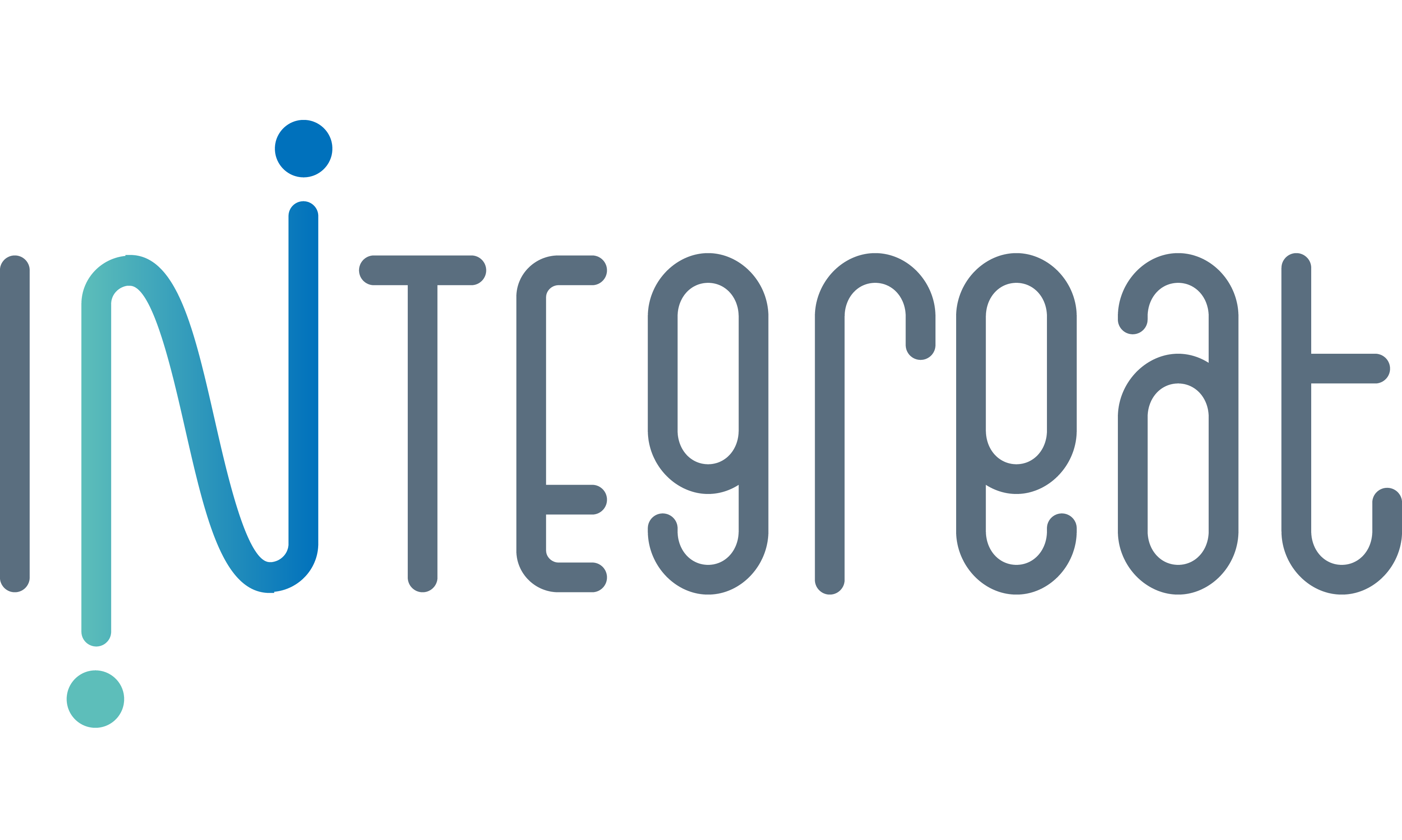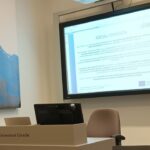Stakeholder relations and partnerships are the glue that holds project management together. This is an axiom that rings especially true in our INTEgreat pilot project in Varese, Italy. In our case, local organisations and Integration Working Group (IWG) members have not only been instrumental in the success of our project, they have also been at the heart of its monitoring and development. In this article, we will explore the importance of our stakeholder partnerships and how we have grown our project through collaboration with stakeholders and their valuable input.
Stakeholder Relations: The Beating Heart of Our Endeavor
Stakeholder relations are at the core of our initiative. We work closely with local organisations in Varese and Milan that offer a variety of activities and services in the community. This has allowed us to gain valuable insights into the community’s unique needs, allowing us to create programs for the pilot activities of INTEgreat that are not only effective but also deeply focused. Social cooperatives and NGOs play an important role in strengthening pilot projects for immigrant integration. Their contributions come in many forms: They bring with them a wealth of expertise and experience working with immigrant populations and provide insight into cultural sensitivity, linguistic support, legal issues, and the nuances of migrants’ integration. In many cases, cooperation involves the sharing of essential resources. For example, in some activities cooperatives and NGOs can provide access to equipment, facilities, or other resources that can significantly maximise the reach and effectiveness of the project. They can also use their established connections within immigrant communities to identify and engage the project’s target beneficiaries. This helps to ensure that integration efforts are reaching those who need it most. NGOs and non-profit organizations play an active role in promoting policies and regulations in favour of asylum seekers and refugees, and their advocacy work can help create a more conducive environment for integration projects at different levels of government. Social cooperatives and NGOs provide training and capacity building opportunities for project participants, such as skill development, training for job readiness, and cultural integration workshops. Programs facilitated by these organisations and cooperatives connect migrants with skilled members who can provide guidance and support during their integration process. In short, cooperatives and non-governmental organisations are helping our pilot project in Varese by providing their expertise, providing resources, reaching out to the community, and advocating on their behalf. Working in partnership with these stakeholders increases the success of integration projects, ensuring successful and long-lasting integration of migrants in host societies.
In particular, our collaboration with a cooperative dedicated to enhancing the psychophysical health and overall well-being of migrant women, families, refugees, and those seeking international protection, while respecting cultural and gender differences, has enabled us to implement a diverse range of mediation activities. These initiatives encompass linguistic, cultural, and psychosocial support, as well as psychotherapeutic and educational assistance customized for migrant women and new mothers hosted in Ballafon. In addition, we have been cooperating with the esteemed Doctors with Africa CUAMM, the leading healthcare-focused NGO in Italy and the largest Italian organisation dedicated to promoting and safeguarding the health of African populations. Thanks to this collaboration we’ve made significant strides. This NGO prioritises the training of specialised human resources in both Italy and Africa, engages in scientific research and knowledge dissemination, and passionately advocatesf for the fundamental human right to health for all. Since it is centered on the principles of enhancing the overall conditions in Africa and cultivating a positive and supportive attitude towards Africa, we’ve organized awareness-raising meetings with this partner, allowing culturally proficient medical professionals to engage effectively with our beneficiaries.
Thriving on Synergy: Enhancements Through Cross-Pollination with Partners
Exchanging know-how and good practices with INTEgreat partners has been a very exciting aspect of our pilot project. This partnership has helped us refine and add value to our activities.
For example, in the early days of the project, we offered language courses in Italian to members of the local community. However, with the feedback from partners, we decided to add an extra dimension – the ability to obtain a Language Proficiency Certificate. This has made these courses even more attractive and useful for participants.
Small things can make a big difference. Introducing incentives like tea and biscuits in activities has seen a huge increase in community involvement. This seemingly small change has had great impact. Partner insights can make all the difference.
The Significance of ISF Guidelines
ISF guidelines have been our North Star for this project. They have given us a clear framework for the work we have done. They have helped us make sure that our initiatives are in line with international standards, and that they are well-aligned with the needs of the beneficiaries.
The ISF reporting template has also given us a structured way of monitoring and evaluating. This has been instrumental in our continuous improvement process and has made sure that our project is always on track with our goals. In conclusion, stakeholder partnerships and the collaboration with our partners has been the driving force behind the success of our pilot project in Varese. Their input has led to significant improvements in our work, which has enriched the lives of our beneficiaries and the local community.
Our commitment to the ISF guidelines is what has kept our operations at a high level of excellence. We look forward to a continued collaboration with our stakeholders and partners as we strive to make the most of our efforts and impact in Varese and beyond.
Assessing ISF Principles Across Activities
Our Integration Strategy Framework (ISF) is at the core of our work. The ISF is a powerful tool that seeks to shed light on the complexities of current policies and practices in the context of integration strategies. Its main purpose is to identify the advantages and disadvantages of these approaches and provide recommendations to the INTEgreat partners. These insights influenced the co-design and implementation of pilot activities within four key dimensions of integration: Health, Employment, Training and Skill Development, and Social Cohesion.
What makes the ISF so powerful is that it is based on the lived experiences of immigrants and stakeholders. Through in-depth interviews in the local contexts covered by INTEgreat, we’ve listened to the voices that really matter, the ones of the migrants, providing a holistic and empathic approach to immigrant integration.
Here’s how the implemented activities in Varese, Italy, align with the ISF guidelines:
“Job Search and Employment Support”: This activity not only equips individuals with employment skills but also establishes comprehensive databases of CVs and facilitates the writing of cover letters by asylum seekers. It also provides consultancy on suitable career paths based on qualifications and competencies.
“Italian Language Courses”: Similarly, this activity focuses on professional workforce training, database creation, and career path guidance to enhance employment prospects. In particular, the language courses we offered through INTEgreat focused on teaching a terminology useful to migrants in their jobs.
“Vocational Training Courses”: This initiative enhances consultation and communication among diverse stakeholders involved in integration, encourages collaboration, involves data analysis for identifying suitable job sectors, and aligns skill development with local job market needs.
“Volunteering”: This activity reflects the willingness of asylum seekers to engage with the community, tests inclusiveness and diversity, and promotes resource sharing and capacity building among organisations and individuals involved in refugee integration.
“Varese City Tour for Asylum Seekers with Locals and Volunteers”: This activity evaluates inclusiveness, community perception, and serves as a feedback mechanism for integration processes and challenges.
“Intercultural Events Against Xenophobia and Racism”: This initiative challenges stereotypes, promotes inclusive language, engages local communities and migrants, builds long-term relationships, encourages partnerships for organisations, involves the target group actively, raises awareness about inclusion, and facilitates reciprocal cultural learning.
“Raising Awareness on Motherhood”: This activity assesses skill acquisition, cultural sensitivity, community engagement, and the creation of support networks among asylum-seeking mothers.
“Physical & Mental Health Awareness Session”: Rooted in community development and empowerment principles, this activity offers diagnostic and preventive testing services.
“Psychological Counselling” Activity: This activity assesses the availability, accessibility, and cultural sensitivity of therapy services for addressing the mental health needs of asylum seekers.
In conclusion, our pilot project in Varese is not just a testament to the importance of stakeholder relations and partnerships but also a living demonstration of how collaboration and adherence to ISF principles elevate project outcomes. Each activity, meticulously designed and executed, is a reflection of our commitment to promoting integration and empowering asylum seekers. As we continue to navigate this transformative journey, we remain dedicated to these principles, ensuring that our project continues to make a lasting impact on individuals and the broader society.




